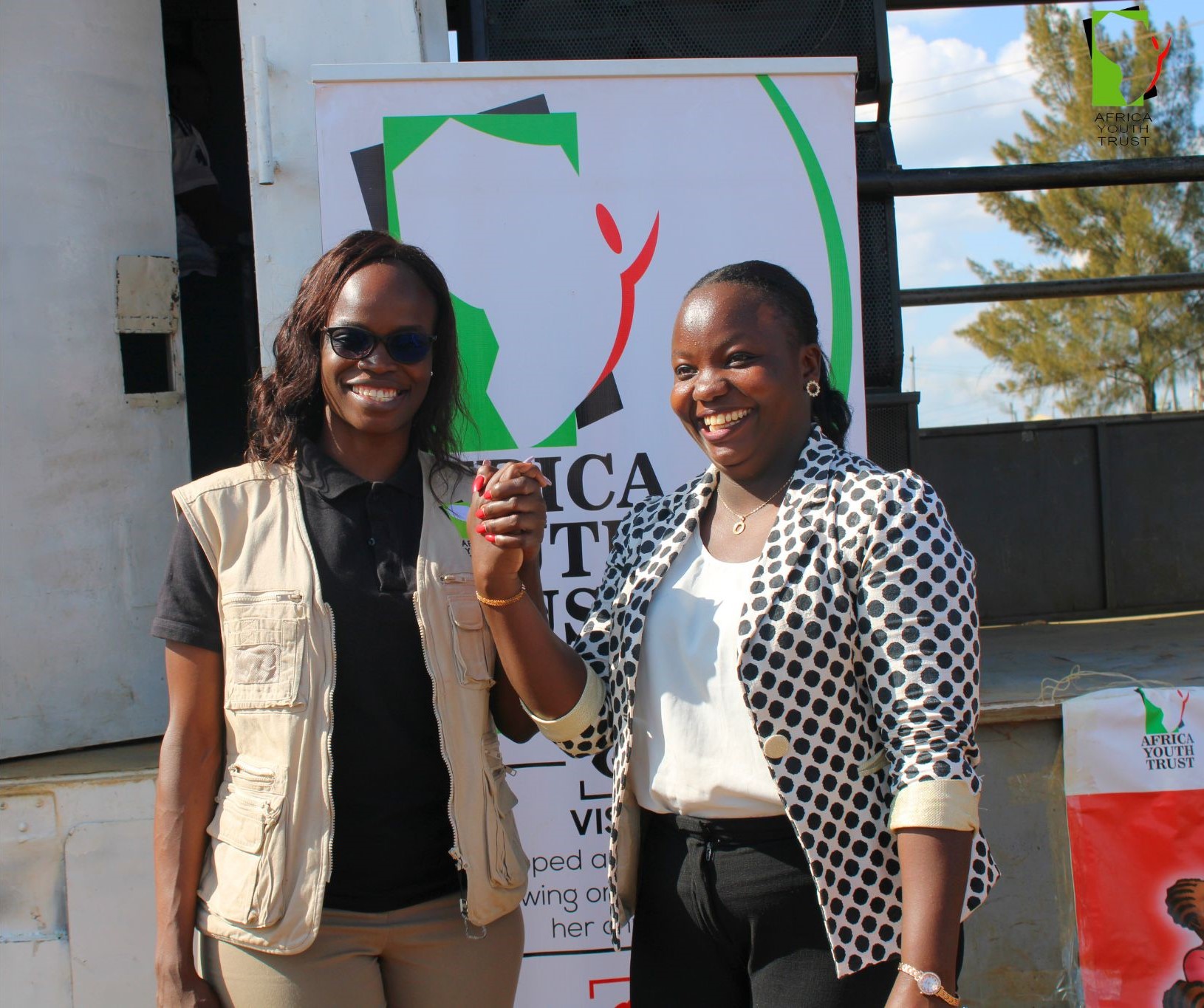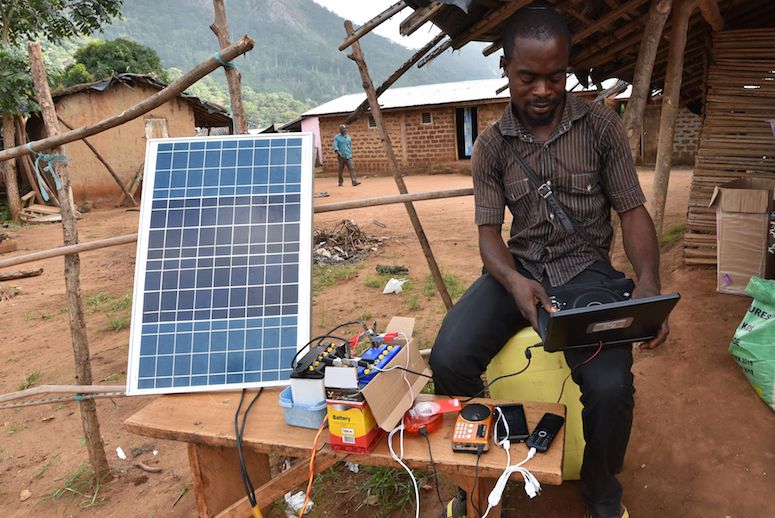FALSE: Photo does not show the drought situation in Embolioi, Kajiado County, in October 2022
FALSE: This is not a maize plantation destroyed by subsidised fertiliser in Kenya
The image is of maize ruined by a windstorm in the United States in 2020.

This image on a Facebook post purportedly of a maize plantation ruined by subsidised fertiliser in Kenya’s Rift Valley is FALSE.
The accompanying text, written partly in Swahili, reads: “My brothers from RIFT VALLEY, is it that the subsidized fertilizer cannot help with the growth of the maize? () When we were demonstrating you said you were at the farm. Who is laughing now? Karma is a ()!!”
In January 2023, the Kenyan government launched the Fertilizer Subsidy Programme (FSP) to help farmers access the plant food at a lower price. The image in question is, however, unrelated to the FSP.
A Google image search established that the photo dates back to 2020 and it was taken in the United States.
The image was featured in a 11 August 2020 article with the headline, “Powerful storm leaves 2 dead, heavy crop damage in Midwest.”
The caption of the Associated Press (AP)-attributed picture reads: “The path of a possible tornado is evident in a cornfield after a powerful storm on Tuesday, Aug. 11, 2020, in Wakarusa, Ind.”
Powerful storm leaves 2 dead, heavy crop damage in Midwest
IOWA CITY, Iowa – Hundreds of thousands across the Midwest remained without electricity on Tuesday after a powerful…
www.spokesman.com
AP News reported the incident and shared the image alongside several others of the storm’s aftermath.
According to the report, a powerful storm — known as Derecho — packing 100 mph “tore from eastern Nebraska across Iowa and parts of Wisconsin and Illinois, blowing over trees, flipping vehicles and causing widespread damage to property and crops” and “killing at least two people.”
PesaCheck has looked into a Facebook post with an image supposedly of a maize plantation destroyed by government subsidised fertiliser in Kenya’s Rift Valley and finds it to be FALSE.
This post is part of an ongoing series of PesaCheck fact-checks examining content marked as potential misinformation on Facebook and other social media platforms.
By partnering with Facebook and similar social media platforms, third-party fact-checking organisations like PesaCheck are helping to sort fact from fiction. We do this by giving the public deeper insight and context to posts they see in their social media feeds.
Have you spotted what you think is fake or false information on Facebook? Here’s how you can report. And, here’s more information on PesaCheck’s methodology for fact-checking questionable content.
This fact-check was written by PesaCheck fact-checker Peris Gachahi and edited by PesaCheck senior copy editor Cédrick Irakoze and acting chief copy editor Francis Mwaniki.
The article was approved for publication by PesaCheck managing editor Doreen Wainainah.
PesaCheck is East Africa’s first public finance fact-checking initiative. It was co-founded by Catherine Gicheru and Justin Arenstein, and is being incubated by the continent’s largest civic technology and data journalism accelerator: Code for Africa. It seeks to help the public separate fact from fiction in public pronouncements about the numbers that shape our world, with a special emphasis on pronouncements about public finances that shape government’s delivery of Sustainable Development Goals (SDG) public services, such as healthcare, rural development and access to water / sanitation. PesaCheck also tests the accuracy of media reportage. To find out more about the project, visitpesacheck.org.
PesaCheck is an initiative of Code for Africa, through its innovateAFRICA fund, with support from Deutsche Welle Akademie, in partnership with a coalition of local African media and other civic watchdog organisations.






